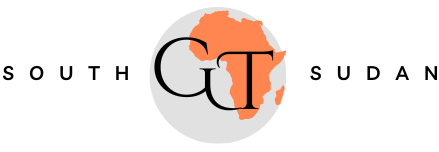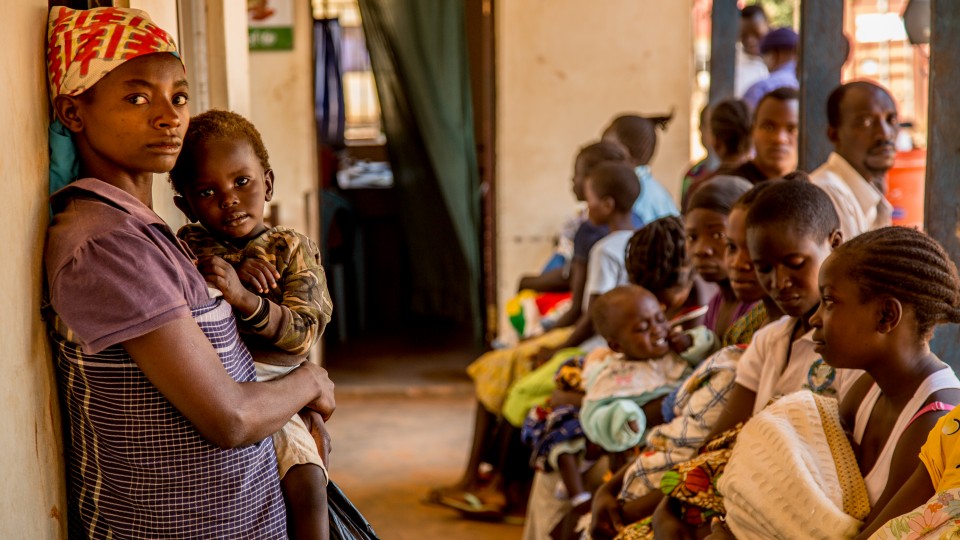After 13 years of independence, South Sudan remains dependent on donors to finance the healthcare facilities devastated by the prolonged insecurity and bandit, shifting the government’s priorities from reconstruction to fighting numerous opposing armed groups in the country.
The world’s youngest nation is reliant on money generated from oil sales; approximately 60 per cent of the fiscal year budget goes to the security sector—army, national security service, and other regular forces—leaving the key service delivery institutions such as health, schools, and agriculture to rely on donations.
In 2018, the parties to the conflict in South Sudan negotiated and formed the transitional government of national unity with IGAD as a guarantor, but little progress was made in implementing the revitalized peace agreement.
South Sudan’s government of national unity, funds approximately 2 percent of the country’s health care needs, shifting critical training, medicine, and service responsibilities onto donors.
Most South Sudanese lack access to essential health services, safe water, and sanitation.
Statistics suggest that one in every ten children dies before they turn five, and the rate that new mothers pass away from pregnancy complications is one of the highest in the world: roughly 1,223 per 100,000 live births, according to the World Bank.
Malaria, HIV/AIDS, and other infectious diseases, such as measles, continue to threaten lives across the country, with malaria, diarrhea, and pneumonia accounting for about 70 percent of all deaths of children under five.
About 1,000 people a day are fleeing into South Sudan from Sudan after nearly one year of war, arriving in scorching heat and with children in dire need of support, Save the Children said. This adds a burden to the already failing healthcare system in South Sudan.
On March 28, the European Union funded the construction of two healthcare facilities and handed over to the government as part of the Covid-19 response project supporting countries in the IGAD region to strengthen their healthcare system.
These facilities will improve healthcare for the communities in the bordering area between South Sudan, Sudan, and Uganda.
The Isolation/Quarantine and Screening Facility in Nimule, for which the EU earmarked some 715,000 Euros, has multiple rooms for medical personnel, examination and treatment of patients, and accompanying services in a total size of around 700 square meters.
In addition to serving as a health centre for the South Sudan—Uganda border, it will also
provide medical care to the people from the border area of Nimule and Magwi county in
South Sudan, Adjumani, and Elegu in Uganda.
Wounthou Screening and Quarantine Facility for taking care of patients before referral,
which construction the EU funded with 1,150,000 Euros, has ten rooms with beds within the quarantine building.
It is also composed of a screening area and different auxiliary buildings which will serve the population settling along the border areas between Sudan and South Sudan.
The health facilities in Nimule, Wounthou, and nearby Renk Hospital are provided with
furniture and medical equipment in the value of 232,300 Euros.
These health facilities were designed and constructed within the EU-IGAD COVID-19 Response Project centrally managed by UNOPS Project Management Unit (PMU) Djibouti and coordinated by IGAD, while the construction was led by UNOPS Uganda in close coordination with the PMU.
The European Union also donated a mobile laboratory worth 167,000 Euros to be used in cross-border and remote areas, but it will also serve South Sudan according to the need.
Previously under this EU-funded project, three ambulance vehicles, one mobile laboratory, 817,185 PPEs (personal protective equipment), 25,056 COVID-19 test kits, and two PCR machines were delivered to South Sudan to support the country in tackling the COVID-19 pandemic.
The digital health solutions component was co-funded by the German Government and independently managed and implemented by GIZ.




